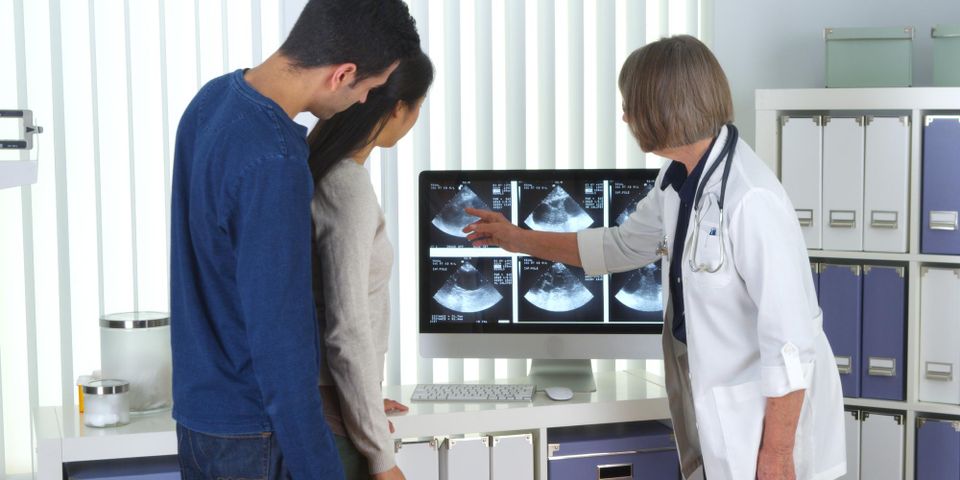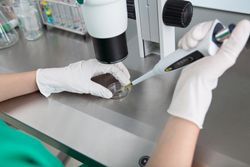
Many couples face fertility challenges while trying to grow their families. In an effort to conceive, some couples turn to intrauterine insemination, also known as an IUI treatment. The procedure involves injecting sperm into the uterus to give it a direct path to the egg. If you’re considering this option, here’s some information to help you decide.
What to Know About Intrauterine Insemination
Who qualifies for the procedure?
Couples experiencing a low sperm count or quality can benefit from an IUI treatment. This is because a semen sample is injected directly into the uterus, near the fallopian tube, giving it a shorter journey to the egg.
The procedure can also aid conception for couples with cervical mucus that rejects sperm since the sperm doesn’t pass through the mucus during the treatment. The procedure also gives same-sex couples the opportunity to conceive. For example, donor sperm can be implanted in the woman’s uterus.
What happens before treatment?
Since the procedure is timed to coincide with ovulation, your fertility doctor may prescribe medication to prompt ovulation. Depending on a woman’s age and condition, medication is taken for five days or two weeks until ovulation begins.
If she doesn’t need medication, the physician will likely recommend an ovulation kit from the drug store. Tests will be made to verify a spike in luteinizing hormone production, which stimulates the egg’s release.
What happens during the appointment?
 For many women, an IUI treatment has the same comfort level as a PAP smear. The procedure is performed on a comfortable exam table, and the feet rest in stirrups so that the fertility doctor can place a catheter in the vagina and through the cervix.
For many women, an IUI treatment has the same comfort level as a PAP smear. The procedure is performed on a comfortable exam table, and the feet rest in stirrups so that the fertility doctor can place a catheter in the vagina and through the cervix.
The catheter is used to inject the fresh sperm sample near the fallopian tubes. After, you’ll lie flat on your back for a few minutes before leaving the office.
What happens after?
It’s common for women to notice vaginal discharge following treatment—the fluid is cervical mucus that was loosened during the procedure. Additionally, the catheter can irritate the vagina and cervix, which may result in minor spotting. You can begin taking pregnancy tests two weeks after the treatment.
If you’re experiencing fertility challenges, contact IVF HAWAII in Honolulu. These medical professionals offer a variety of treatments, like intrauterine insemination, to encourage conception and help you grow your family. Learn more about how they can help online, or call (808) 538-6655 to schedule a consultation.
About the Business
Have a question? Ask the experts!
Send your question

